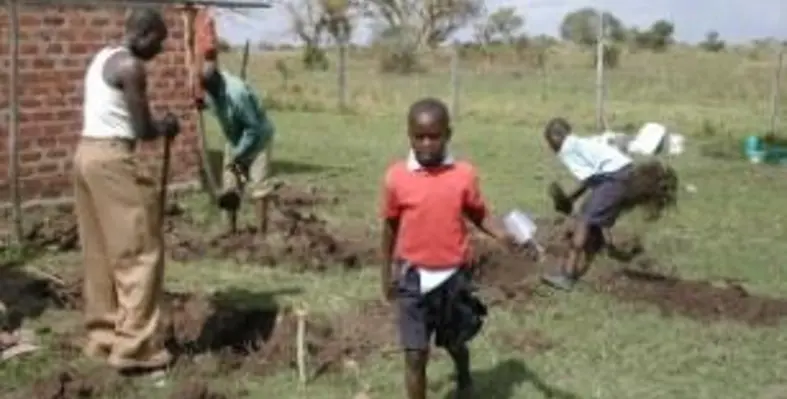The government of Kenya has launched a US$47mn facility under the Kenya-Off-Grid Solar Access Project (KOSAP) to provide viable solar and clean cooking solutions to 1.1mn people in the 14 marginalised counties of West Pokot, Turkana, Marsabit, Samburu, Isiolo, Mandera, Wajir, Garrisa, Tana River, Lamu, Kilifi, Kwale, Taita Taveta and Narok
The results-based financing (RBF) and debt facilities under the KOSAP are financed by the World Bank and implemented by the Ministry of Energy alongside the Kenya Power and Lighting Company (KPLC) and the Rural Electrification and Renewable Energy Corporation (REREC). They are intended to ensure that counties that are not served by the grid and have been classified as marginalized by Commission of Revenue Allocation (CRA) are not left behind and receive access to energy through off-grid solutions.
“The country has made great strides in achieving connectivity with access to electricity standing at 75 per cent through both grid and off-grid options. However, access to electricity is low in the 14 marginalised counties, which represent 72 per cent of the country’s total land area and 20 per cent of the population. The dispersed settlements in the marginalized counties make off-grid solutions the only viable alternative for access to electricity,” said Dr Joseph Njoroge, principal secretary, Ministry of Energy.
Through financing from the World Bank of US$150mn, KOSAP seeks to overcome these challenges and establish viable off-grid solutions for areas that are too far for the national grid to be economical. The project targets 277,000 households (approximately 1.3 million people from the 14 marginalized counties). This will be realised through the construction of about 151 mini-grids in the target counties as well as the installation of stand-alone solar systems under the financing launched today. The project further targets replacing 380 diesel pumps with solar for drinking water and expects to facilitate the provision of 150,000 clean cooking stoves in West Pokot, Turkana, Marsabit, Samburu and Isiolo.
The RBF and Debt Facilities specifically aim to establish sustainable supply chains for marketing and sales of solar home systems in KOSAP counties. The Facilities are in three parts:
· US$12mn solar service providers results-based financing (SSP RBF Facility)
· US$30mn solar service providers debt facility (SSP Debt Facility)
· US$5mn clean cooking solutions challenge fund
The US$12mn SSP RBF Facility aims to encourage the growth of emerging solar companies where possible and to set a foundation for established solar operators to access debt investments and further scale-up operations in these counties. The US$30mn SSP Debt Facility is set to enable private sector SSPs to borrow money for acquiring inventory to sell in KOSAP counties as well as to extend consumer financing to households to purchase the products, for instance through Pay-As-You-Go technology. The clean cooking solutions challenge fund aims to encourage the uptake of clean cooking stoves to mitigate the environmental degradation and economic and health concerns that arise from the use of low-efficiency stoves.












